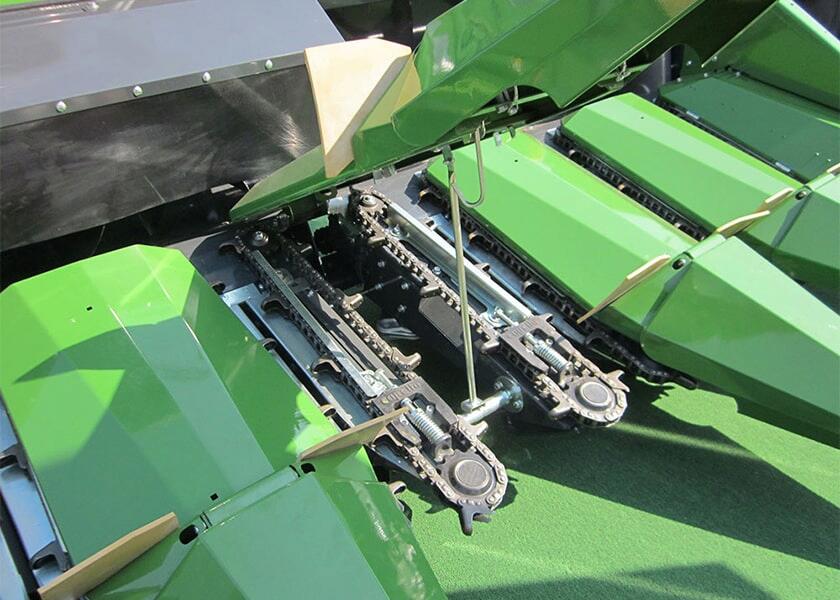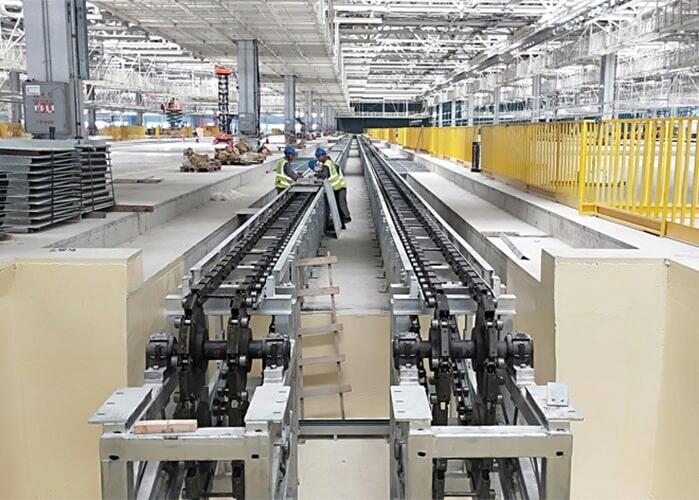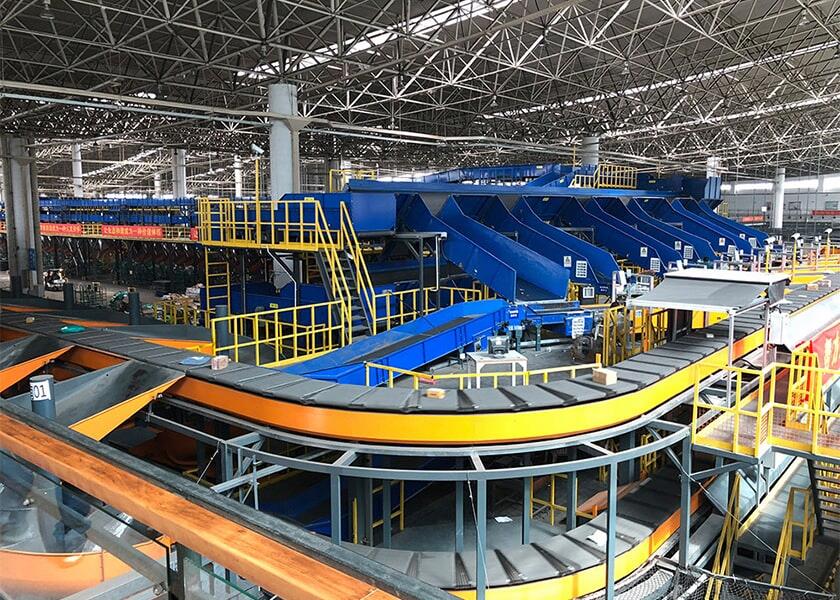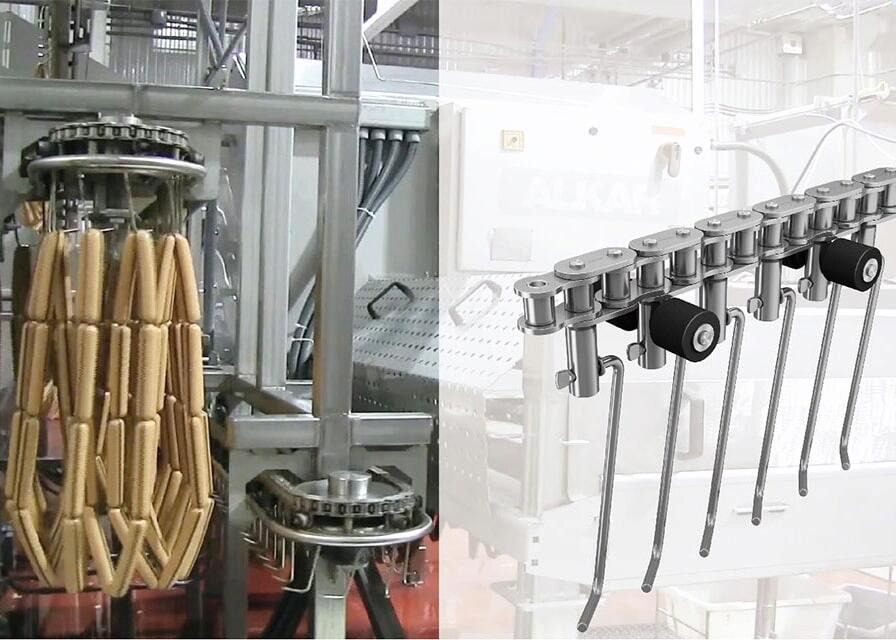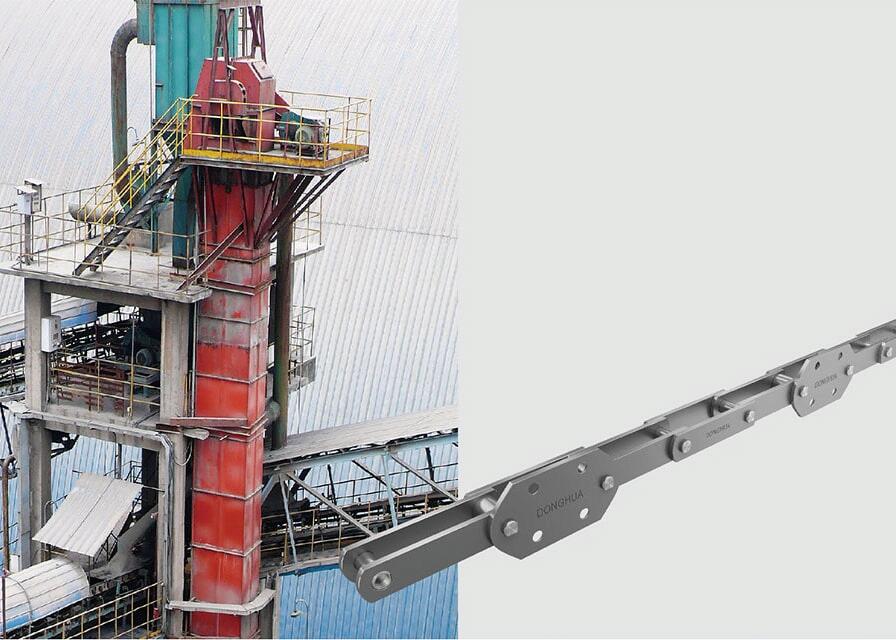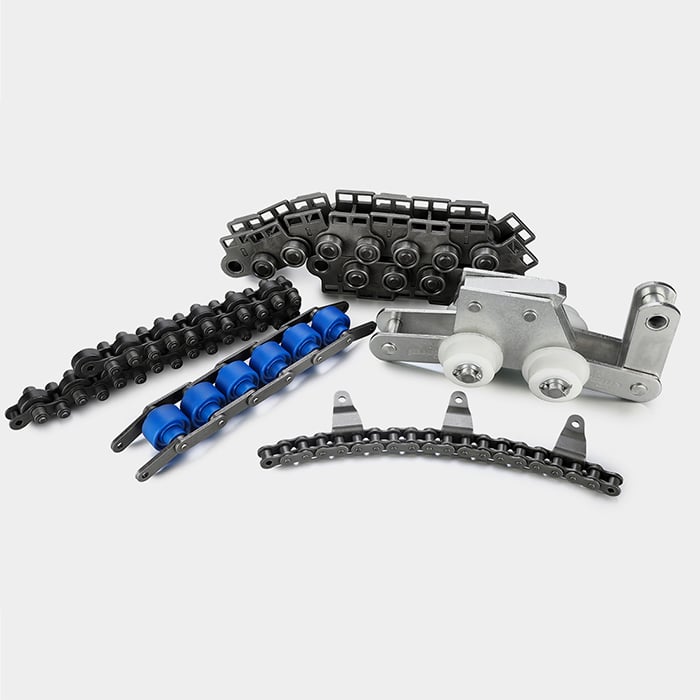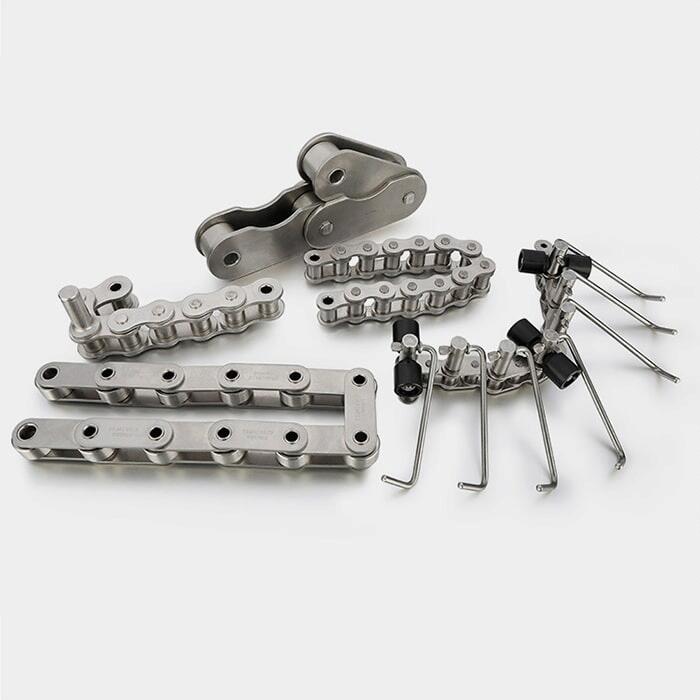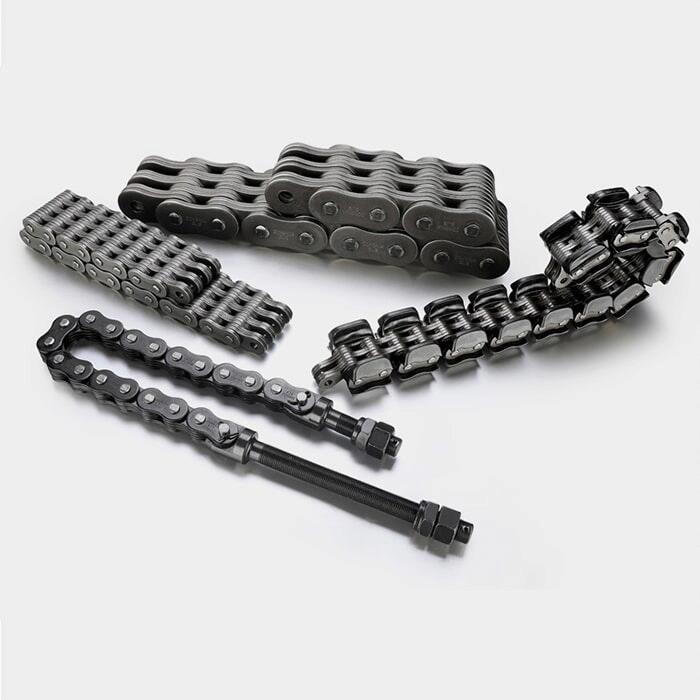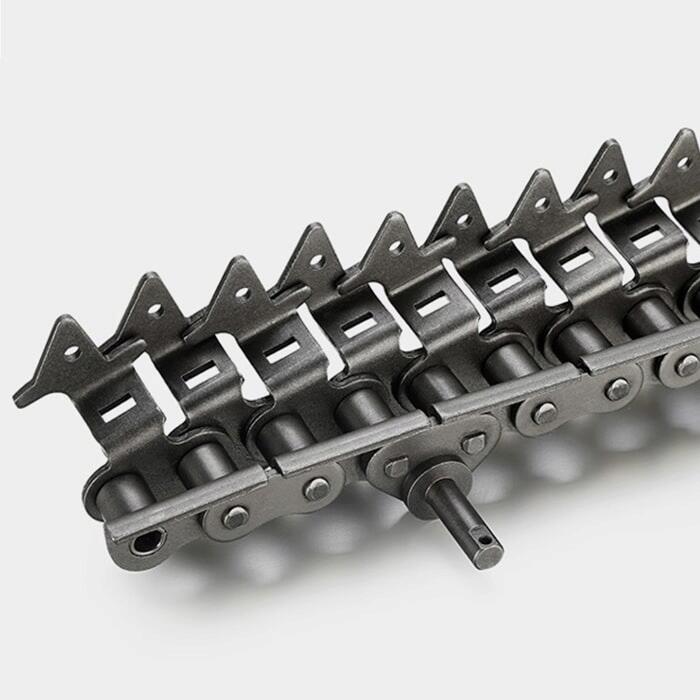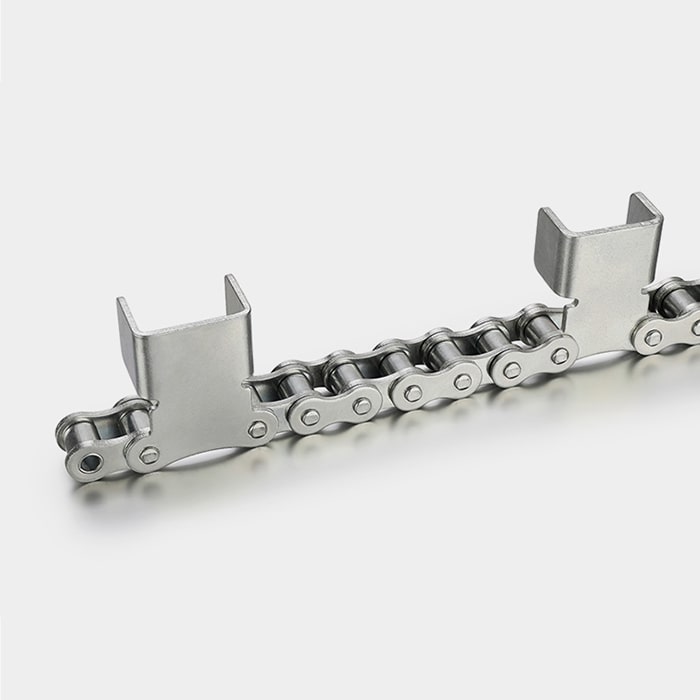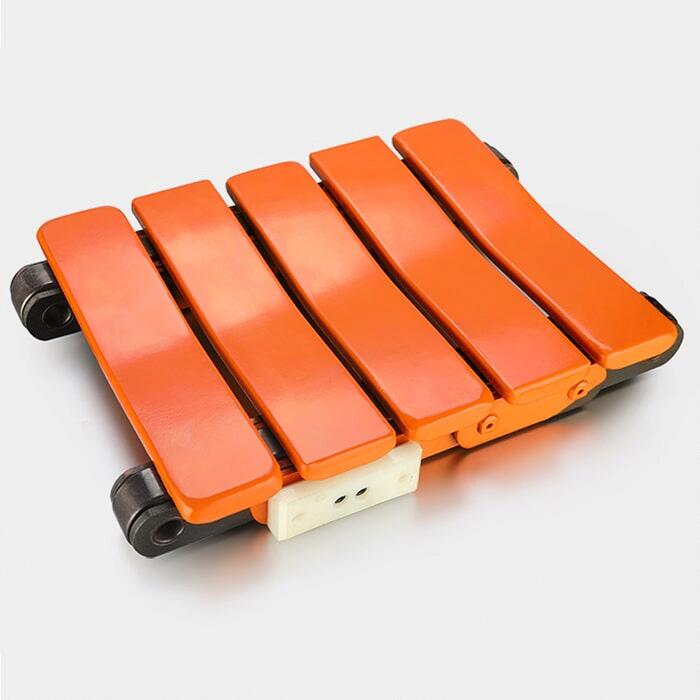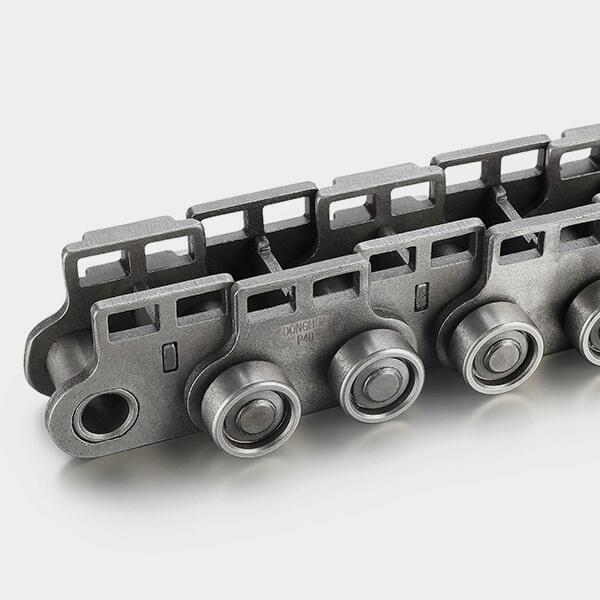All kinds of industrial chains
Industrial chains have many advantages. First, they help improve efficiency and reduce waste in production. Second, since they usually require little maintenance, maintenance costs are also reduced. Also, industrial chains can operate in harsh environments and at different temperatures and pressures.
Industrial chains are made of various materials, but usually metals such as steel, aluminum or stainless steel are used. Gender selection is usually based on user needs and environmental conditions in which the chain is used. For example, chains that are in wet environments and come into contact with chemicals may be made of special materials such as stainless steel to prevent rust and corrosion.
As a result, industrial chains play a very important role in improving the performance of industries and increasing the quality of products, and with the advancement of technology, their facilities and applications continue to expand.
Types of chains
- Timing Chains which are usually used in internal combustion engines and systems connected to the engine such as timings.
- Roller chains that are used in industrial machinery, cars, motorcycles and power transmission systems.
- Double-Pitch Roller Chains are used for light and medium loads and in applications that require high speed.
- Leaf Chains which are usually used in forklifts and heavy machinery to transfer heavy loads.
- Belt Chains are useful for transmitting low forces and in cases where you need low noise and vibration.
- Cable Chains that are used as protection for cables and transmission pipes in industrial machinery and robots.
- Plastic chains are usually used in certain environments such as food and pharmaceutical industries as an alternative to metal chains.
- Steel chains that are used for heavy duty in mining, construction and other industries.
- Conveyor chains used in conveyors and material transfer systems in various industries.
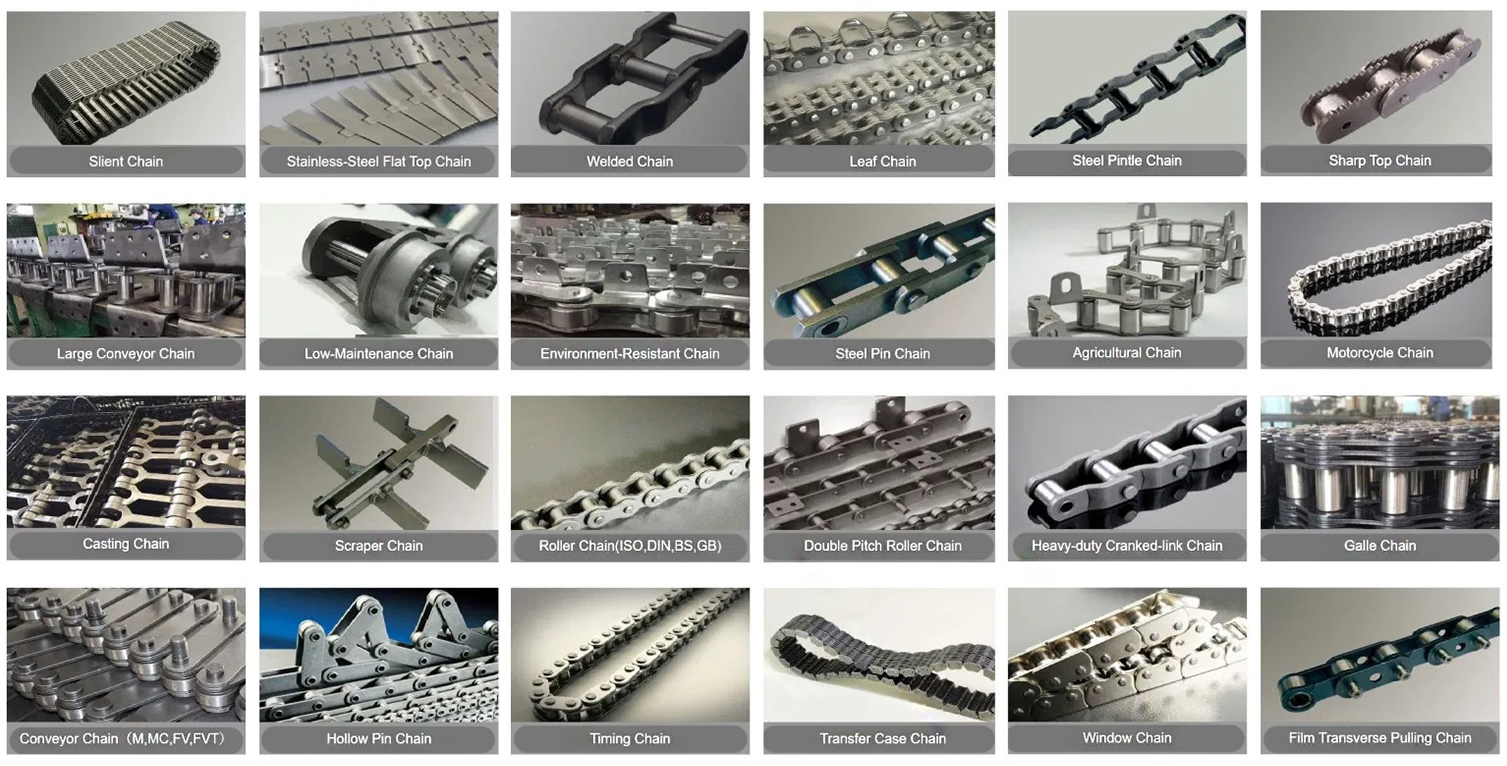
Important points in choosing a chain
Mechanical resistance: Chains must be able to withstand mechanical loads and high stresses. Make sure the selected chain has enough resistance.
Chain material: Chain materials can be varied, including carbon steel, stainless steel, and alloy steel. The right material should be selected according to the working conditions.
Chain length: Choose the right chain length so that it works well in your machine or equipment and avoids excessive stretch or blockage.
Chain type: The type of chain can be different, including twist chains, roller chains, and belt chains. Choose the right type according to the work needs.
Maintenance method: Consider the need to maintain and lubricate the chain. Some chains require regular greasing and others may operate without greasing.
Working environment: environmental conditions such as temperature, humidity, dust, and chemicals are influential in choosing the chain. Choose a chain that matches the environmental conditions.
Approvals and Standards: Make sure the chosen chain has valid industry approvals and standards.
Service life: The service life of the chain needs to be monitored to ensure timely replacement of the chain.
Cost: Consider the cost of buying, maintaining and replacing the chain and focus on economic efficiency as much as possible.
Consultation with an expert: If you need more guidance, consult with experts or manufacturers of industrial chains to choose the most suitable chain.




